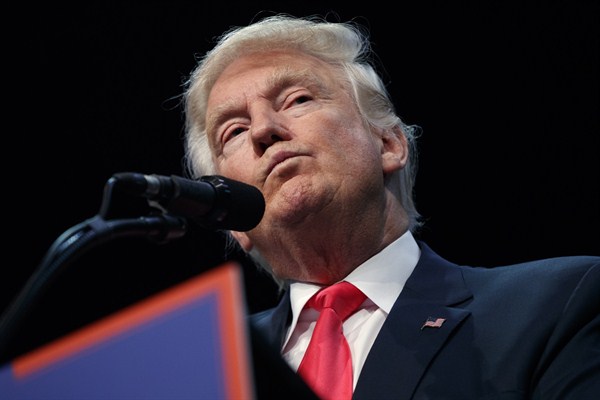T.X. Hammes, of the National Defense University in Washington, is one of America’s most visionary strategic thinkers. Anything he writes deserves a careful reading, but a recent essay of his for War on the Rocks is particularly noteworthy. In it Hammes argues that globalization, which has profoundly shaped world events for the past few decades and laid the foundation for America’s grand strategy, seems to be reversing. If so, he argues, “the increasing regionalization of economies and differences in rates of growth will create instability and challenge international security arrangements.”
Hammes believes that just as technology fueled the rise of globalization over the past half-century, emerging technology will reverse it. Robotics, artificial intelligence and 3-D printing will undercut the manufacturing advantage enjoyed by regions with low labor costs, while advances in indoor agricultural technologies will reduce the need for imported produce. The resulting ability of developed economies to move industrial and agricultural production closer to their domestic markets will reduce global trade and, combined with greater energy independence and efficiency, lessen the global movement of coal and oil. The net effect will be a delinkage of national prosperity and global stability. The United States will be able to distance itself from turmoil and conflict.
This is a truly revolutionary idea. The notion that it is in the national interest to promote stability everywhere has been the foundation of U.S. grand strategy for more than 50 years. The United States built and sustained the most powerful military in human history because, in an interconnected economic system, conflict or war in faraway places could endanger trade flows and access to resources. The United States thus secured the “global commons”—sea lanes, air corridors, space and cyberspace—and served as the ultimate guarantor of stability around the world. To do this, the U.S. military needed to be capable of power projection across great distances.

